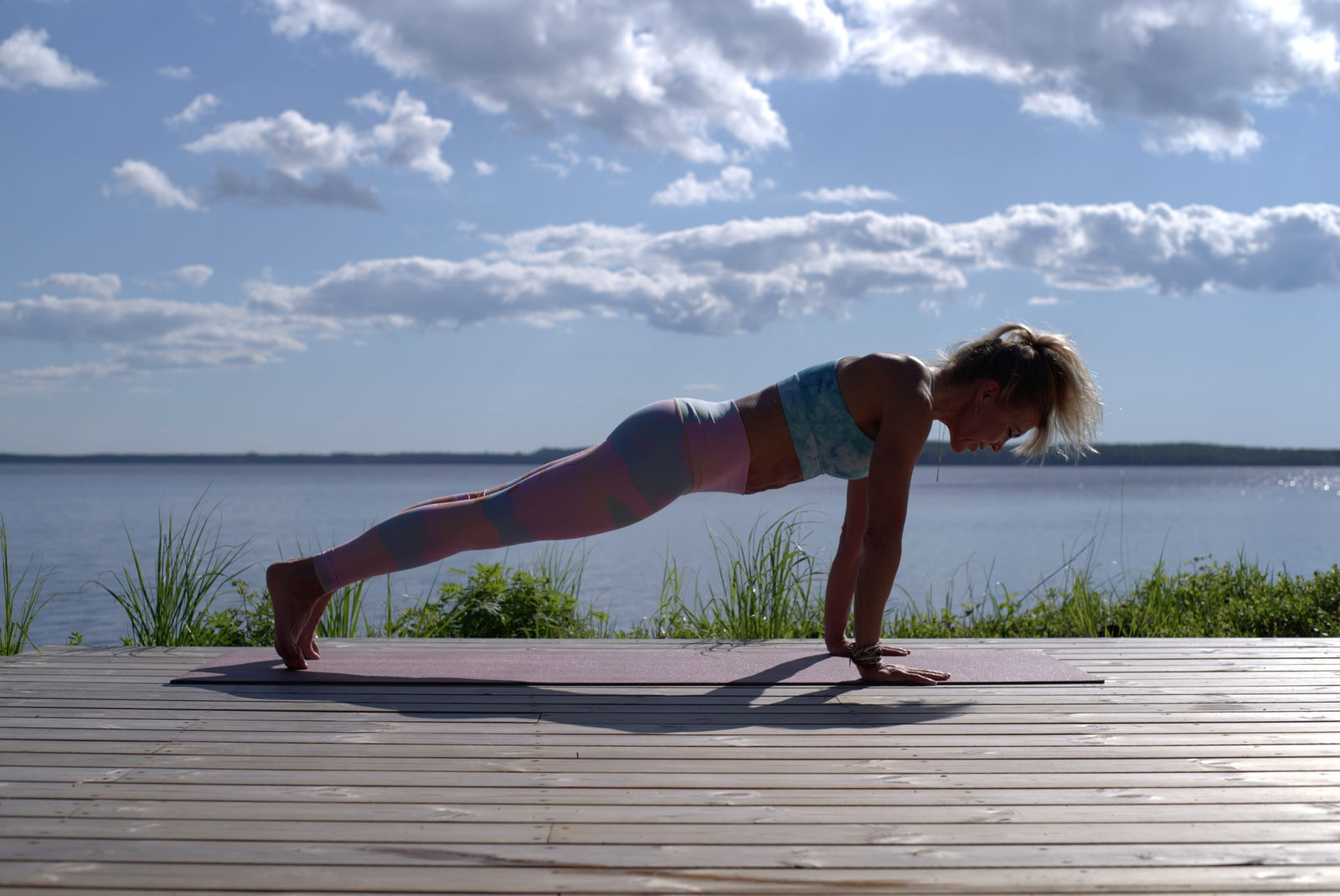This is the continuation of the first part of the article "9 tips on supercharging your keto diet"
---
#5 Consume enough good salts.
Insulin affects our kidney in such a way that the sodium/potassium ratio depends on insulin levels in our body. [1, 2]
The lower our carbs intake, the lower insulin levels become. When the latter happens, our kidneys need to excrete more sodium, leading to a lower ratio of sodium and potassium. This means that our body will be needing more sodium, and hence salt.
For low-carb diets like keto, 3-5 grams of sodium from natural sources is recommended. Himalayan pink salt is a great source – 1 tsp of it contains 2 grams of sodium.
If you want to know more, here’s everything you need to know about Pink Himalayan Salt.
#6 Maintain adequate protein intake.
Protein intake is one of the key things we need to do when going on a keto diet. Here are a few reasons why:
Too little protein will mean dropping muscle mass, while too much of it may curb ketone production.
Aside from this, we need protein during a keto diet for the following reasons:
- Having adequate protein in the body will enable gluconeogenesis, which is essentially glucose production. Glucose is needed by organs (like certain parts of kidneys and the brain) and cells (like red blood cells) that can’t use ketones as sources of energy. Protein supplies the liver with amino acids necessary for glucose production.
- When we’re not taking enough carbs daily, having too little protein in the body may mean dropping muscle mass. [3, 4] Even when we lose both fat and muscle when losing weight, having enough protein in our diet – specifically within the 0.55-0.77 grams per pound range – can help maintain ketosis. [5, 6, 7, 8]
Keep in mind though that while adequate levels of protein are needed for a keto diet, it’s important not to go overboard. Doing so might curb ketone production and throw off your keto diet.
If you’re not sure how much protein to consume, try working backward. Multiply your ideal body weight (lbs) by the range indicated above (0.55 to 0.77 grams). So if you want to get to 120 lbs, you should consume 66 – 92 grams worth of protein.
#7 Go full steam with your workout.
Ketosis and working out seems to be compatible with each other.
Studies have shown that being in ketosis may be favorable for physical activities, specifically athletic performance, and endurance exercise. [9, 10, 11, 12]
In the same vein, being physically active can do your keto diet a lot of good! Exercise increases ketone production.
Here’s why – physical activity can exhaust the body’s glycogen stores. Our system typically keeps up by breaking down carbs into glucose and eventually glycogen.
But in cases of low carb diets, glycogen stores are low. This means that there are fewer sources of fuel for our body.
To compensate for this, our system depends on the liver to increase its production of ketones, which serve as a source of energy for the muscles, in lieu of glycogen.
A study shows that at low blood ketone concentrations, exercise helps speed up ketone production. But when blood ketones are already high, the levels remain… and could even go down for a short period. [13]
Also, you may have heard of a fasted state, and working out in this state also boosts ketone levels. [14, 15]
Note though that it takes a while for the body to get used to using ketones as primary sources of energy over glycogen. So don’t fret when you feel like physical performance has dipped. It’s totally normal! [16]
And don’t go overboard with the exercise just to speed up ketone production. An over-trained body will secrete more stress hormones than your body needs, and might cause an increase in blood sugar levels… eventually breaking your ketosis. [17]
#8 But don't sweat it.
Doing a keto diet when you’re stressed and anxious may not be ideal. It will shut down your body from ketosis.
Here’s why: stress hormones like cortisol increase blood sugar levels, which is part of the whole fight-or-flight triggers from stressors. A rise in blood sugar levels keeps you from burning fats and turning it into energy.
In short bouts, it’s totally fine. But if you find yourself stressed most of the time, or going through a rough patch, then this will lower your ketone levels. Finding ketosis may be tougher than usual.
If you’re intent on achieving ketosis, make sure that you’re able to manage stress.
Read the article How Does Stress Affect Your Energy Level, and How Can You Cope? to get tips on how to manage stress.
#9 Prioritize your sleep
One of life’s regular stressors is poor quality sleep. Not getting ample sleep increases cortisol levels, which can prevent your body from burning fats and turning them into energy.
Aside from this, several studies show that not getting adequate sleep negatively impacts weight loss. [18, 19, 20]
When on a keto diet, it’s important to maintain regular sleeping habits that let your body rejuvenate.
If you want to know more about how to get better quality sleep, here are some good articles to read:
4 exercises you can try now to get better sleep
How to fall asleep fast… 3 life hacks that have got you covered
10 home remedies for good night sleep
You can also check out VALI Sleep Well, which helps you maintain a balanced sleep cycle schedule without damaging side effects.
Sources
[1] http://www.ncbi.nlm.nih.gov/pubmed/1942773
[2] http://www.ncbi.nlm.nih.gov/pubmed/1120786
[3] https://www.ncbi.nlm.nih.gov/pubmed/17684196
[4] https://www.ncbi.nlm.nih.gov/pmc/articles/PMC1373635/
[5] https://www.ncbi.nlm.nih.gov/pubmed/15767618
[6] https://www.ncbi.nlm.nih.gov/pubmed/24717684
[7] https://www.ncbi.nlm.nih.gov/pmc/articles/PMC1325029/
[8] https://www.ncbi.nlm.nih.gov/pubmed/18175736
[9] https://www.ncbi.nlm.nih.gov/pubmed/6865776
[10] https://www.ncbi.nlm.nih.gov/pubmed/25379174
[11] https://www.ncbi.nlm.nih.gov/pmc/articles/PMC4271640/
[12] https://www.ncbi.nlm.nih.gov/pmc/articles/PMC524027/
[13] https://www.ncbi.nlm.nih.gov/pubmed/3518484
[14] https://www.ncbi.nlm.nih.gov/pmc/articles/PMC1193348/
[15] https://www.ncbi.nlm.nih.gov/pubmed/19568199
[16] https://www.ncbi.nlm.nih.gov/pmc/articles/PMC524027/
[17] http://www.ncbi.nlm.nih.gov/pmc/articles/PMC3648788/
[18] https://www.nih.gov/news-events/nih-research-matters/molecular-ties-between-lack-sleep-weight-gain





![9 tips on supercharging your keto diet [PART 2]](http://www.valiup.com/cdn/shop/articles/brooke-lark-229136-unsplash_4207ded8-07b3-4fe3-9407-3dc7455309c2_1600x.jpg?v=1561902088)


